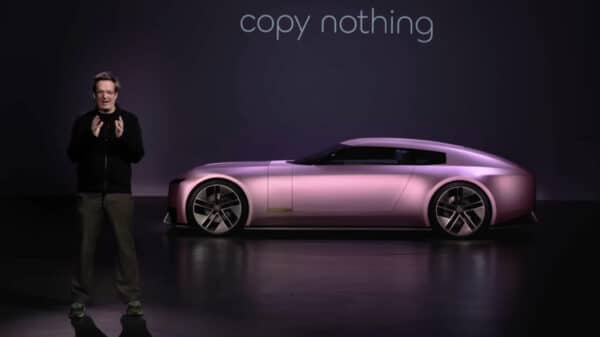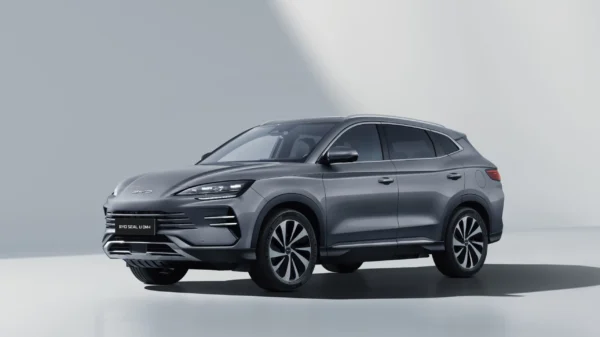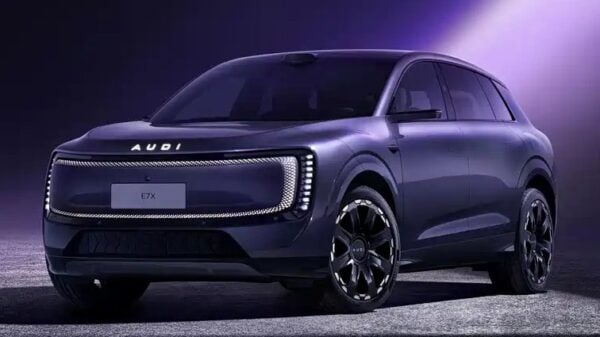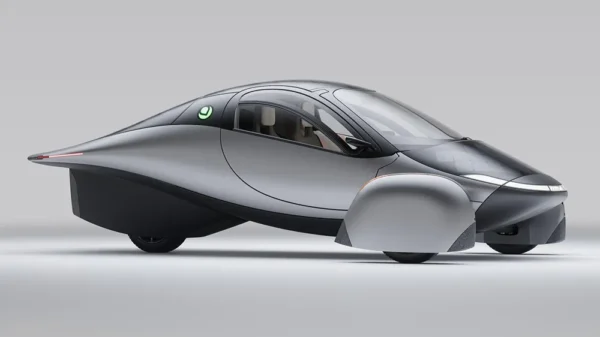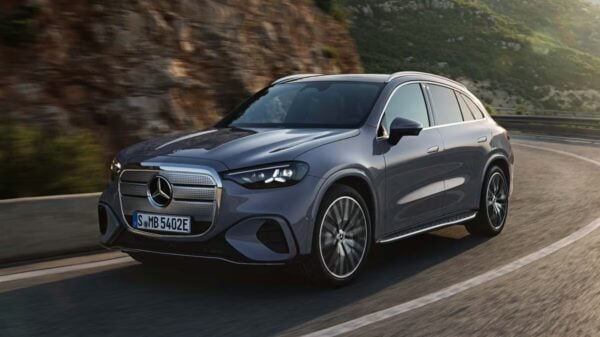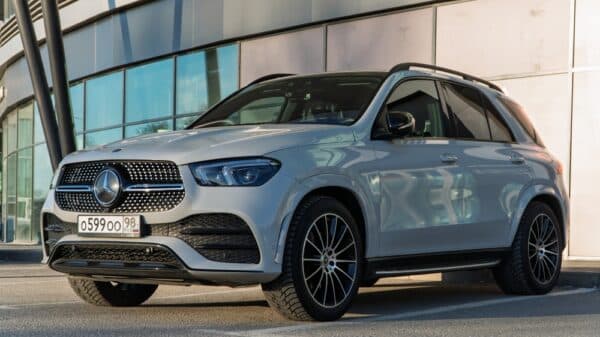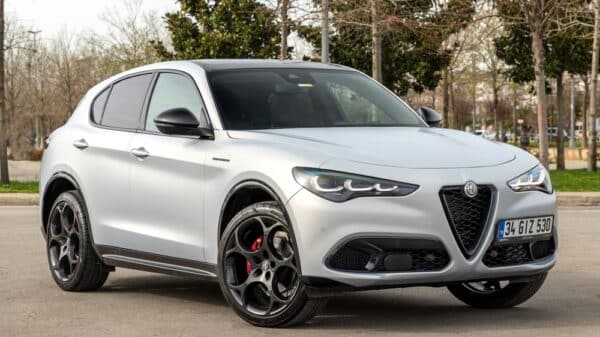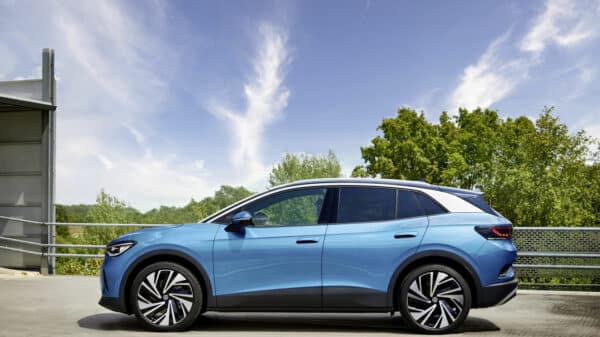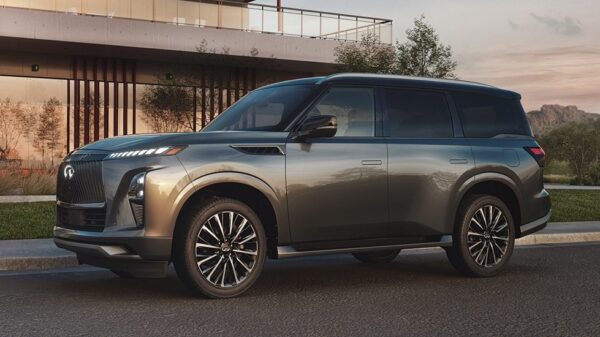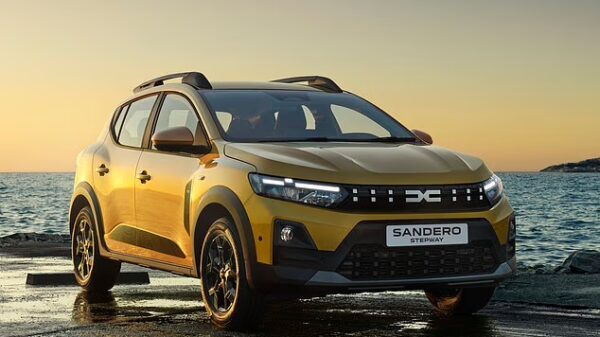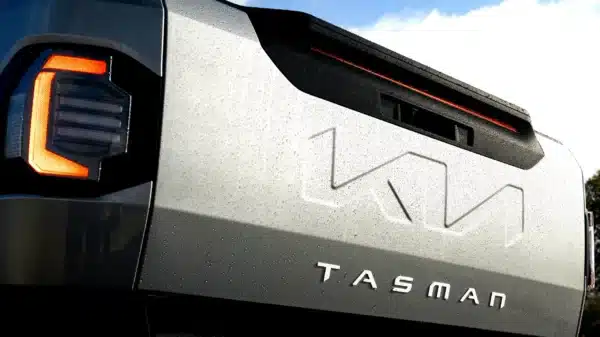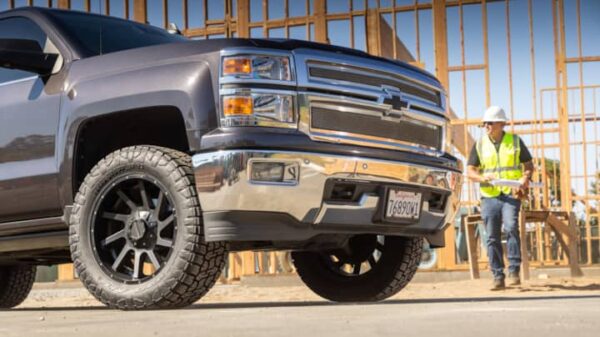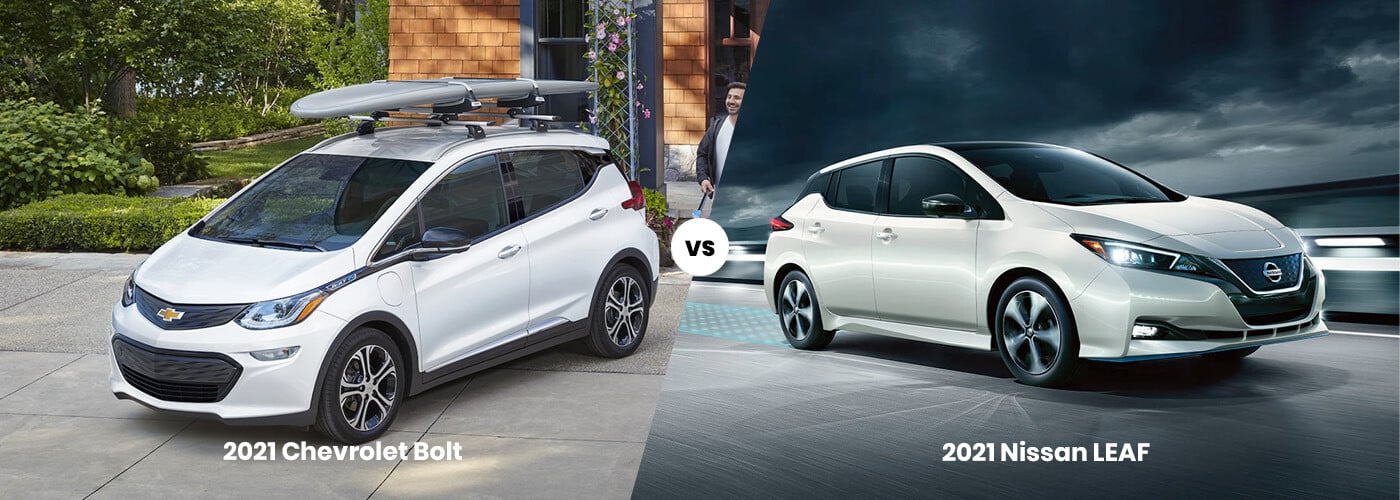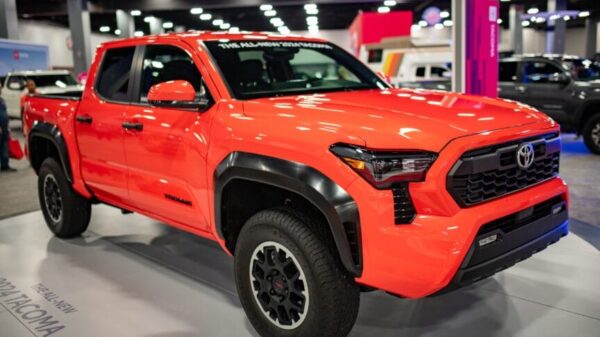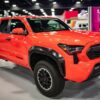As the electric vehicle (EV) market continues to evolve, the return of the 2027 Chevrolet Bolt after a two-year break signals exciting developments for budget-conscious consumers. Priced closely to the 2026 Nissan Leaf, these two models are emerging as frontrunners in affordability. With both vehicles priced around $30,000, they stand as America’s most economical new EV choices, making them compelling options for potential buyers.
Pricing and Availability
The 2027 Chevrolet Bolt is set to launch with a starting price of $29,990, including fees, with the base LT model arriving shortly after at $28,995 in early 2026. The Nissan Leaf, especially in its Leaf S+ trim, starts at $31,485 and is available now at dealers nationwide. Notably, Nissan plans to introduce a more affordable version of the Leaf, the S trim, which may even undercut the Bolt’s pricing once it arrives.
Overall Design
A noticeable aspect of this round is the distinct approach to design. The 2026 Leaf boasts a complete overhaul, built on a new platform that enhances range, power, and charging speeds. In contrast, the 2027 Bolt’s design retains much of its predecessor’s essence yet benefits from significant under-the-hood upgrades, including a new battery that supports quicker charging, improved motor performance, and a refreshed interior.
Charging and Energy Features
Both EVs adopt the North American Charging Standard (NACS) port, which allows compatibility with Tesla’s Supercharger network without the need for an adapter. This revolutionary feature underscores a shift in charging accessibility for all EV owners. Notably, the Leaf comes equipped with an additional J1772 port for Level 1 and Level 2 charging, providing versatility for users.
The 2027 Bolt excels with its vehicle-to-home (V2H) capability, offering homeowners an option to power their homes if the appropriate hardware is used. Meanwhile, the Leaf features vehicle-to-load (V2L) capabilities, allowing connection to tools and appliances, which can be a useful feature for utility on the go.
Both cars showcase competitive charging speeds with a peak DC fast-charging rate of 150 kilowatts. However, the Bolt supports a faster AC charging capability of 11.5 kW compared to the Leaf’s 7.2 kW.
Range and Battery Size
When it comes to range, the Nissan Leaf leads with an impressive 303 miles on a full charge, thanks to its larger 75-kWh battery. It takes approximately 35 minutes to charge from 10% to 80%. On the other hand, the 2027 Chevrolet Bolt, using a smaller 65-kWh battery, boasts an estimated range of 255 miles, reaching a 10% to 80% charge in 26 minutes, showing an edge in charging time.
A heat pump comes standard in the Bolt, whereas it’s an optional feature on the pricier trims of the Leaf, promoting better energy efficiency, especially in colder conditions.
Performance Metrics
Both models present themselves equally in terms of power output. The Chevrolet Bolt delivers 210 horsepower, whereas the Leaf offers slightly more at 214 horsepower. However, the Leaf triumphs in torque, producing 261 lb-ft compared to the Bolt’s 169 lb-ft. Lightweight design gives the Bolt an edge in handling, tipping the scales at approximately 3,776 pounds as opposed to the Leaf’s heavier 4,206 pounds.
Interior Comfort and Technology
Passenger space and cargo capacity show varied strengths in both vehicles. The Chevrolet Bolt provides greater legroom for passengers, while the Leaf excels in cargo capacity, a vital consideration for those prioritizing storage.
The Bolt impresses with an 11.3-inch infotainment screen featuring Google Built-in; however, it lacks Apple CarPlay and Android Auto integration. The Leaf shines in this area, offering wireless Apple CarPlay and Android Auto in its S+ trim, making it a preferable choice for tech-savvy buyers.
Safety Features
Safety remains paramount in both vehicles. The 2026 Leaf is integrated with Nissan’s Safety Shield 360, including various advanced features like Automatic Emergency Braking and ProPILOT Assist. The 2027 Bolt comes standard with Adaptive Cruise Control and Lane Keep Assist, ensuring a safe driving experience comparable to the Leaf.
Conclusion
The resurgence of the Chevrolet Bolt alongside the 2026 Nissan Leaf presents consumers with affordable and feature-rich options in the EV landscape. While the Leaf leads in driving range and technology features like Apple CarPlay, the Bolt offers superior passenger space and a slightly lower price point. Given the vital differences in safety features, charging capabilities, and overall passenger experience, potential buyers are encouraged to test drive both models to find the one that best suits their preferences and lifestyle. As competition heats up in the EV market, these offerings are poised to meet the increasing demand for accessible electric vehicles.






